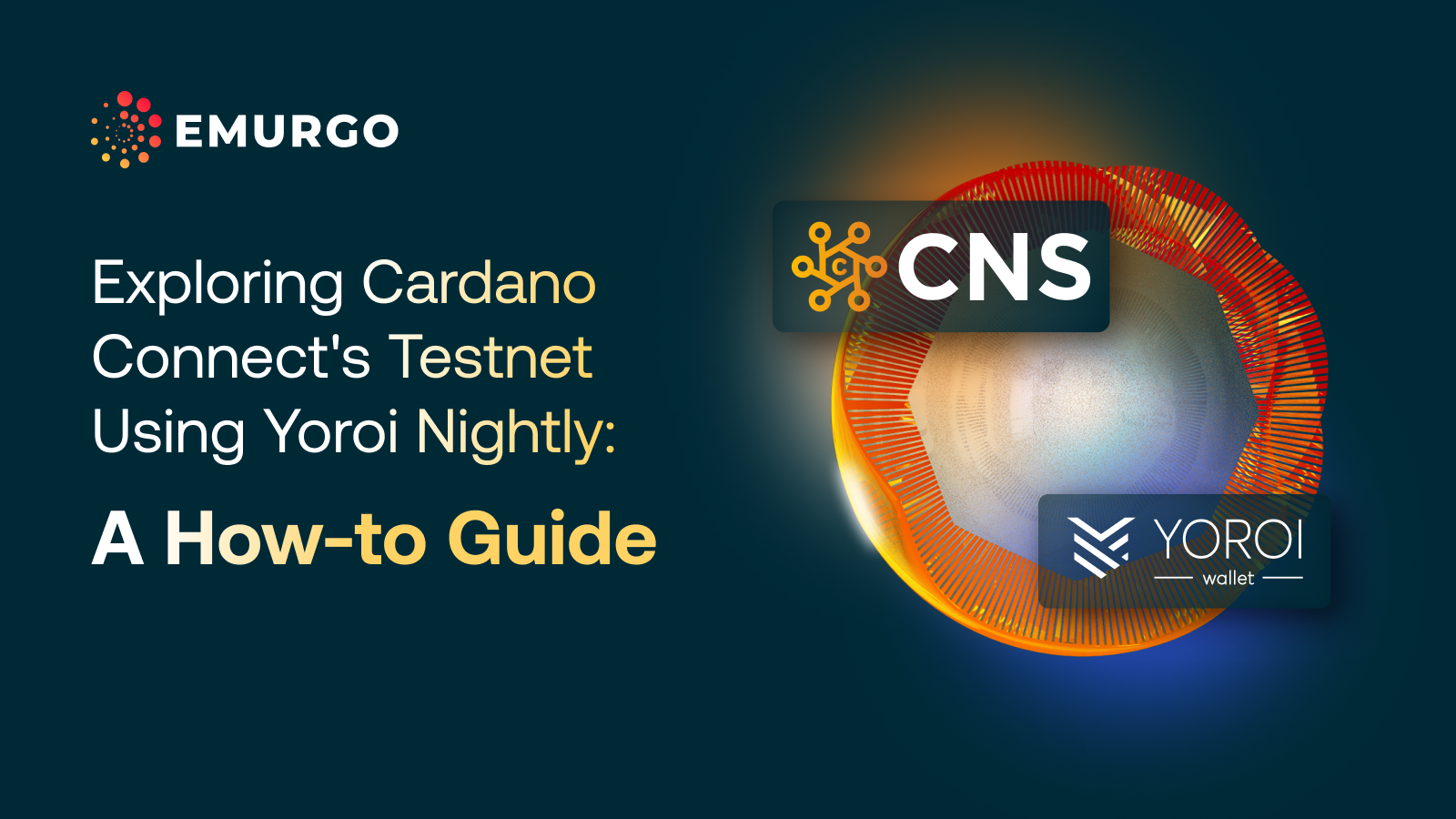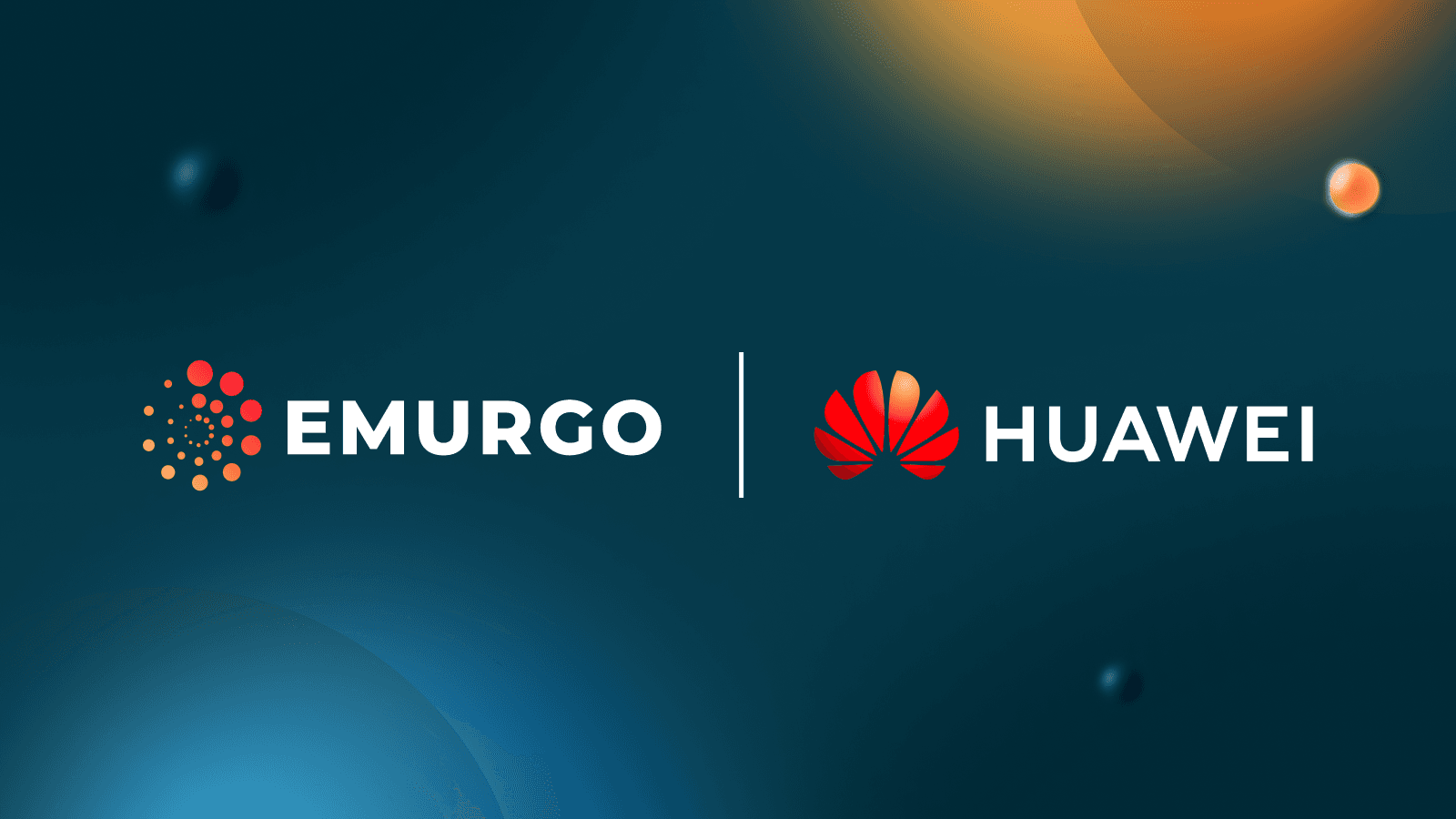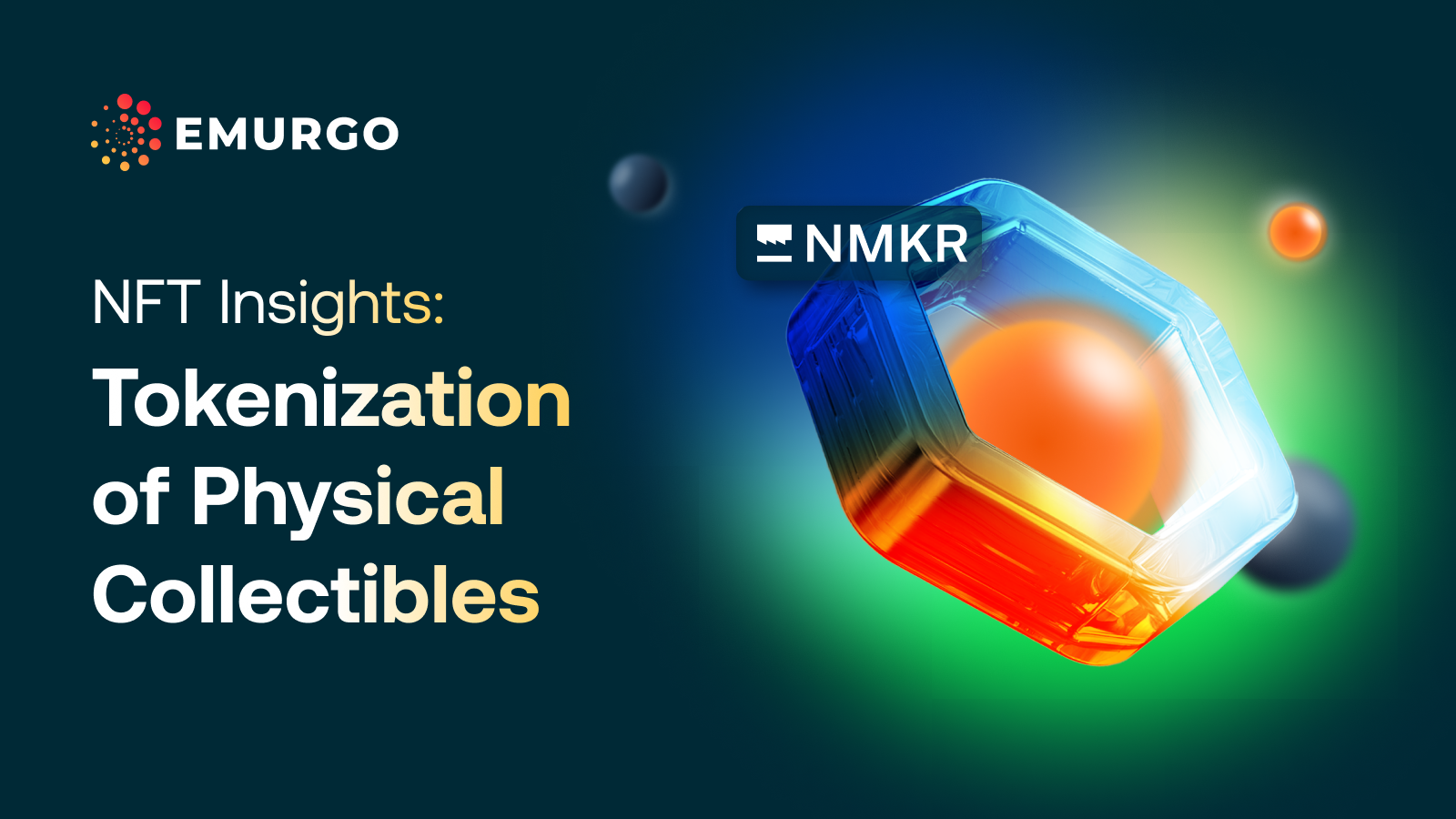Blockchain solutions make it easier and more valuable for governments and the public sector to serve their valued communities. Specifically, blockchain solutions can make it easier for citizens to vote on issues they care about, improve the access and availability of important public records, digitize identities, and much more. All of these benefits lead to a more engaged society with less red tape for citizens and businesses to navigate through. In this post, we will explore the various essential services and systems that can be made better using blockchain solutions.
Blockchain Solutions Use Case: Blockchain-based Voting Systems
Blockchain-based voting systems would allow anyone with a smartphone to securely vote in local elections. Votes cast through a simple user-friendly solution utilizing a blockchain network can deliver all of the benefits of in-person voting, without any of the inconveniences. The benefits of blockchain-based voting include protection of privacy, voting secrecy, and ensuring that votes are verifiably correct and unchangeable. All of these benefits make blockchain the perfect technological solution to improve existing voting systems worldwide.
The city of Zug, Switzerland is an example of where a successful trial of blockchain voting has already taken place. Unlike other traditional digital platforms, votes were not submitted to a singular, central server. Rather, the voting process took place on a distributed blockchain network, which stores records on many computer servers all at once. Users simply needed to download an app and cast their vote without any need to know about how blockchain technology works. According to the head of communications for the city of Zug, the premier trial was a resounding success. This highlights the power of blockchain-based voting systems to improve user convenience and engagement, delivering benefits to both local governments and its residents.
Blockchain Solutions Use Case: Secure & Transparent Digital Public Records
Blockchain solutions can minimize cost and vastly improve efficiency for record keeping within the public sector. However, in some countries with existing record keeping systems and institutions, the incentives for switching to a blockchain-based record keeping system may not be enough.
For example, the United Kingdom has had a system of company registration since 1844. The UK’s Companies House provides this service reliably. With over 150 years experience, there is a well-entrenched, functioning record keeping system already in place.
Yet, blockchain solutions can bring greater leverage to record keeping systems in countries where pre-existing systems could be radically improved by learning from existing, centralized record-keeping systems. This can be achieved by applying a blockchain solution instead.
Here are two examples which would benefit from blockchain solutions:
A Digital Land Registry:
A digital blockchain-based property registry that maps land according to GPS coordinates would allow citizens to verify ownership of property more cheaply and efficiently. Records stored and maintained by a blockchain network would not require a centralized, local government to manage records. In some cases such as a diaspora, citizens could rest assured that their property rights are maintained on the shared blockchain ledger.
Personal Digital ID Records:
Birth certificates, drivers licenses, and passports are all examples of valuable documents which store sensitive personal information. As the world becomes more digital, blockchain solutions provide a robust backbone to encrypt the personal data recorded on these documents. Encrypting personally identifiable information on a blockchain network would give users more autonomy and protection over this data. Data breaches, for example, could be minimized or eliminated through proper encryption. Today, physical cards and papers are issued to represent passports, visas, certifications and licenses. Blockchain technology would allow all of the data stored on these assets to be easily verifiable and retrievable through a simple app running on a blockchain network. Ultimately, this improves a citizen’s user experience and cuts through unnecessary red tape.
Blockchain Solutions Use Case: Financial Relief / Incentive Programs
Blockchain solutions allow for peer-to-peer transactions at scale. Monetary transactions such as grants, financial aid, and payments to those without traditional bank accounts can be sent to citizens within and across borders, cheaply and efficiently.
Sempo (a startup supported in the 2019 dLab/EMURGO Startup Accelerator Program) is an example of a company utilizing blockchain solutions to deliver money to citizens of a country who need financial aid. These are citizens who may be suffering from a natural disaster and require assistance. It’s a shining example of blockchain technology in action, improving the lives of local residents, and a use case which governments could benefit from.
Blockchain solutions are not limited to just purely monetary transactions however. More creative financial products of value such as vouchers and coupons can also be transferred. For example, an agricultural department who wants to support local farmers to use premium, higher-quality fertilizers on crops could issue vouchers to incentivize local farmers to invest in these fertilizers. Farmers who would not be able to afford such fertilizers would now have access to such resources. This would bring value to the local economy and improve farm outputs. The ability to transfer value on a local and national level through a blockchain solution, allows better outcomes for everyone in society.
Conclusion
Blockchain technology can highly improve the outcomes for citizens when leveraged well by a government or the public sector. Beyond the clear use cases of a gold-standard payment and value transfer platform, blockchain solutions bring new and exciting innovations to local governance through blockchain-based voting and identity management, among others. All of these innovations reduce red tape and let citizens do business more easily, manage their identities, and vote on the issues and policies that mean the most to them. Ultimately, this technology can act as the bridge to a more engaged population, in which citizens enjoy more prosperity, digital autonomy and economic freedom. Governments and the public sector benefit from reducing inefficiencies and garnering more trust from their citizens.
If you would like to learn more about how EMURGO can add value through a tailored blockchain solution for your private enterprise or public organization, please do not hesitate to contact us. Our industry experts would be happy to discuss how blockchain solutions can add value to your business or industry. Our expertise in blockchain will help bring your ideas to life.



